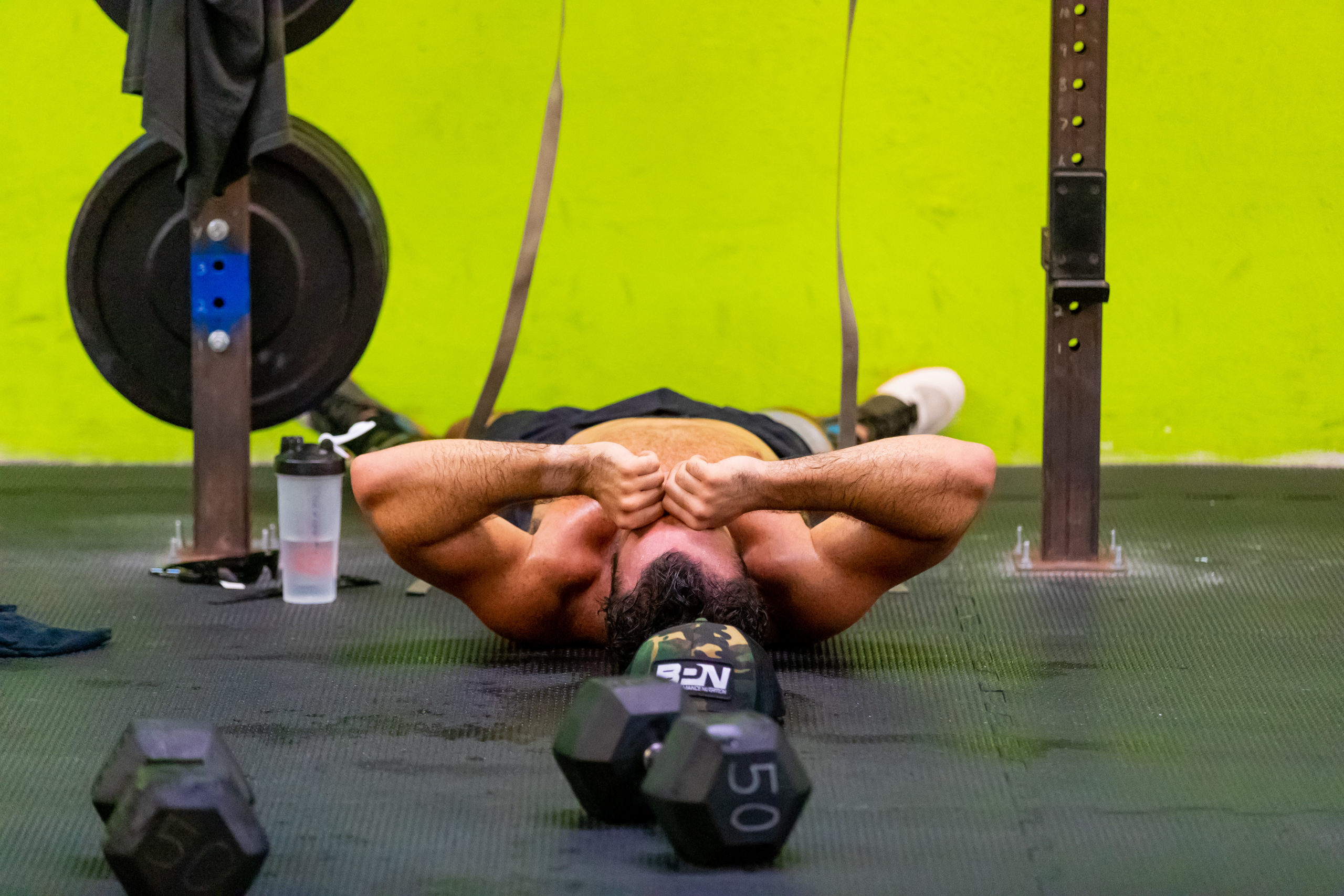Is 3 miles far?
It’s probably relative to how you choose to cover that distance.
Thank you to everyone that donated, I genuinely appreciate it.
Every 5 or so years I do something hard that I will question myself about.
I did a marathon on no training. (I think I ran 3 miles leading up to it)
I ran the first half of the marathon in 1:42 and the second half in 2:39.
I literally couldn’t run anymore and was questioning myself on my ability to walk up a ramp.
Then I did a 100-mile bike ride on zero training.
I cramped up about halfway through the ride, fell down in the middle of a busy intersection, and had serious issues getting over one of the bridges we had to ride over.
This year I did a 3-mile swim.
Physically I was least worried about this than my previous endeavors.
I have never done any of these tasks prior to doing them.
That was the point.
In the book “Comfort Crisis,” the author talks about the difference between training for something vs not training for it.
Training for an event significantly reduces the difficulty level of the event, because most of the hard part happened during your training. You are prepared for the ups and downs and can predict your performance with a reasonable level of confidence.
Not training for an event contains a whole host of physical and psychological hurdles that need to be dealt with in real-time.
And most importantly, the chance of failure is very real.
This is his point: If we choose to do something in order to face the fear of failure and then do everything we can to avoid failure……did we actually do something hard?
I’m not suggesting this concept is to be taken literally and we never train for things.
I’m simply suggesting that the adaptation between the ears of having to deal with self-doubt in real-time when the cards are stacked against you is the pinnacle of mental resilience.
I was confident that I could swim 3 miles, but I didn’t KNOW..
What I knew is that I would absolutely doubt myself at some point as I pushed through the cold water.
I was right about both parts: I did the swim AND I was questioning myself inside the first 500 meters.
I reminded myself that I would do that.
“You knew this would happen, you knew these thoughts were coming.”
I had rehearsed it prior to the swim.
“Ok, acknowledge there is fear here, then focus on your breathing and the stroke, and pick your first marker to swim at. Then repeat”
It might sound weird, but rehearsing our own moments of self-doubt is valuable.
It won’t shock you when it happens, and you will have pre-planned responses that will result in you just continuing on.
“I don’t want to get up and go to the gym”- “I knew I would say that, now get up and go”
“I really want to eat that cake”- “You knew you would say that, now say no”
Self-doubt is inevitable.
The real question is:
What are you doing to prepare yourself to deal with it?






